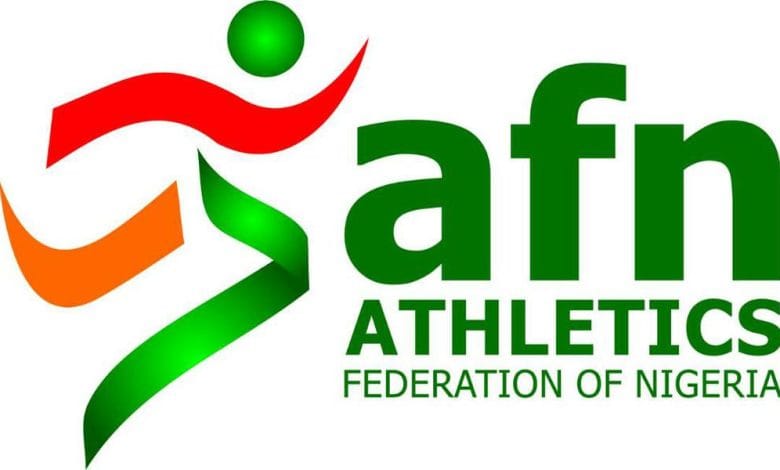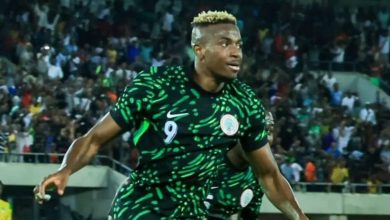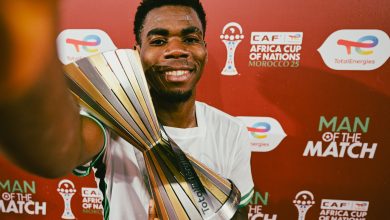Controversy erupts as Okowa is returned as President in AFN Elections amid constitutional breaches

On a day meant to honor Nigeria’s democratic journey, the Athletics Federation of Nigeria (AFN) held its elective congress—an event now mired in controversy.
Tonobok Okowa was returned unopposed as president of the AFN on June 12, securing 42 votes, despite the federation’s constitution allowing for only 37 voting delegates.
According to Article 10.3.1 of the AFN Constitution, each state athletics association is permitted to send two delegates—the Chairman and Secretary—but only one is allowed to vote. With 36 states and the Federal Capital Territory, the maximum number of valid votes should have been 37. The five extra votes cast have raised serious concerns about the legitimacy of the election process.
Further compounding the controversy is the alleged failure to comply with Article 10.1.5, which mandates that all congress-related documents be sent to state secretariats at least 30 days before the meeting. Reports indicate that this requirement was not met, casting doubt on the legality of the congress itself.
The election also took place amid broader procedural irregularities. The AFN reportedly appointed a seven-member electoral committee, despite the constitution stipulating a three-member body. The process of selecting these members did not follow due process, as no proposal was submitted to the congress for approval.
The National Sports Commission, NSC, has been accused of overstepping its role by taking over the functions of the petition and appeals committee—powers that constitutionally belong to the AFN electoral committee.
Adding to the legal storm, Gombe State Athletics Association chairman Ahmed Shuaibu Gara Gombe has filed a lawsuit at the Federal High Court in Abuja, challenging the legitimacy of the congresses and demanding a halt to all electoral processes. He alleges that the AFN violated multiple constitutional provisions, including the improper convening of congresses and financial mismanagement.
The timing of the election—on June 12, Nigeria’s Democracy Day—has only intensified public scrutiny. Stakeholders argue that the AFN’s actions undermine the very democratic values the day is meant to celebrate.
With legal battles looming and questions swirling around the integrity of the process, the AFN faces a crisis that could have far-reaching implications for athletics governance in Nigeria.




